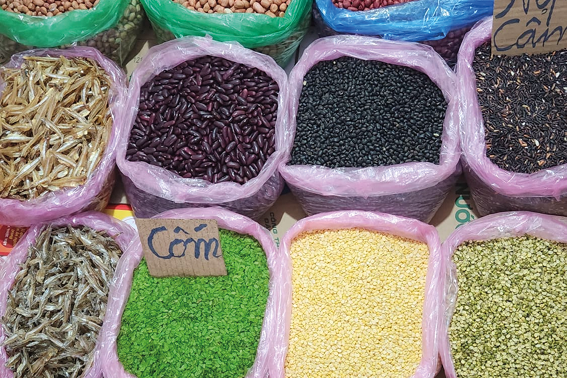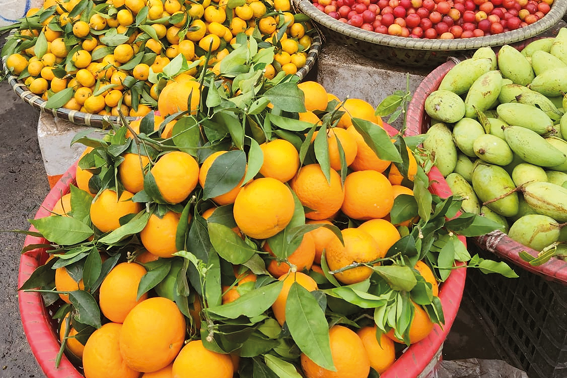Our food systems are fragmented
Food systems can be a game changer for achieving sustainable development goals (SDG) as they are interconnected with issues such as poverty, health, and land use. However, the current food systems face complex challenges as it coincides with issues such as depletion of natural resources, biodiversity loss, unsustainable consumption and production, among many others. The interaction and connections among different stakeholders in food systems have been contested and fragmented, which led to climate crises. Efforts to solve the food crisis often fall shorts due to sectoral focus. Transformation needs to consider the different needs and experiences of various stakeholders involved. However, although progress has been made, there remain significant gaps in achieve sustainable food systems.
How can we close the transformation gap?
Inclusive food systems governance and alignment policy of action
Ensuring inclusive participation and coordination across diverse stakeholders in the food systems is essential to effectively aligning food systems with the 2030 Agenda. Building synergies with other agencies, such as health, education, fisheries, and labour force, is critical for achieving a more holistic approach. It is essential to promote policy coherence and convergences across different actors and build on evidence-based approaches. In addition, political will is a prerequisite in creating legislative policies that support food security and promote healthy and nutritious diets. The policy and decision makers should promote agroforestry, nutritious and affordable diets, and minimise food waste. In addition, it is imperative to enhance the participation of marginalised groups such as women, youth, Indigenous People, and smallholders to ensure their voices are taken into account and meaningfully incorporated into decision-making processes that lead to a more equitable and inclusive global governance architecture for food systems.


